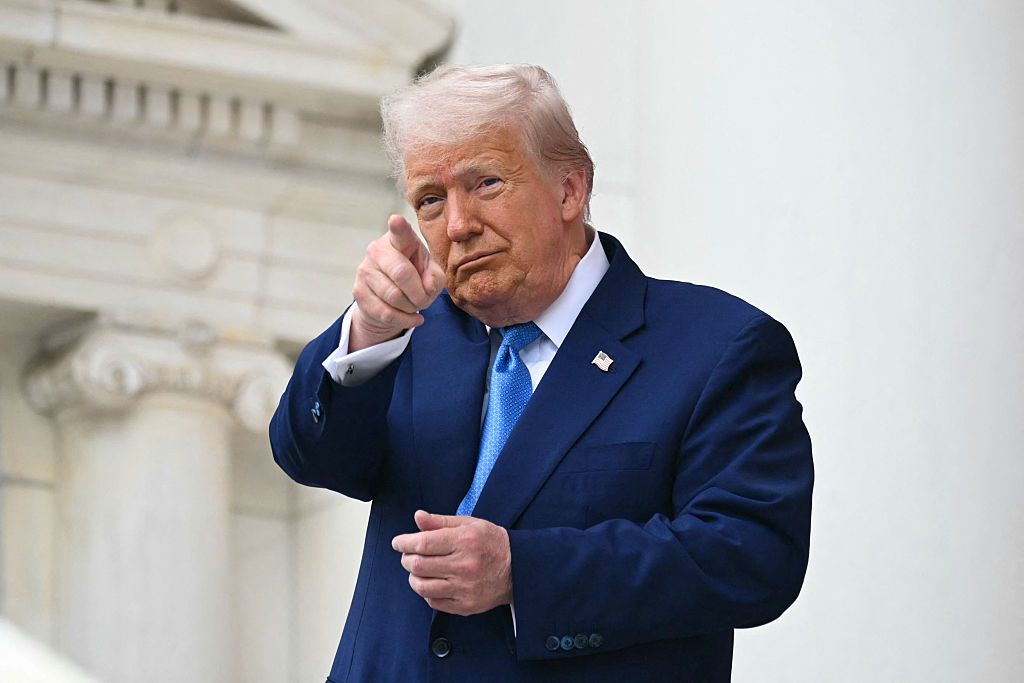Conservative candidate Nawrocki wins Polish presidential election by narrow margin

Editor's Note: This story has been updated with the latest election results and President Volodymyr Zelensky's reaction.
Karol Nawrocki, a right-wing nationalist supported by the opposition Law and Justice (PiS) party, has won Poland's presidential election.
Nawrocki garnered 50.89% of the vote in the run-off election on June 1, narrowly defeating his liberal rival, Warsaw Mayor Rafal Trzaskowski, according to Poland's National Election Commission. Trzaskowski earned 49.11% of the votes.
The closely-watched election has been widely seen as an inflection point in Poland's political trajectory, including its approach to Polish-Ukrainian relations. Nawrocki, known for adopting a "Trumpian" style of politics, has been criticized for parroting pro-Russian narratives due to his opposition to Ukraine's NATO membership.
Earlier in the night, Poland's elections were deemed too close to call, with exit polls showing showing Trzaskowski and Nawrocki virtually tied. Early polls showed Trzaskowski with a narrow lead, while more recent polls flipped the results in Nawrocki's favor.
Trzaskowski, whose campaign hinged on supporting Prime Minister Donald Tusk's democratic reforms, was the first to declare victory after an initial exit poll suggested he would secure a narrow win.
An exit poll by Ipsos for the broadcaster Polsat showed Trzaskowski, of the ruling centrist Civic Coalition (KO) party, winning by a slim margin of 50.3%.
"We won," Trzaskowski told party members after the first exit poll results came out. "I will bring people together, I will be constructive, I will be a president for all Poles. I will be your president."
However, a later poll flipped the results, showing Nawrocki narrowly ahead with 50.7%. Speaking to his supporters, Nawrocki also declared victory.
"Congratulations to (Karol Nawrocki) on winning the presidential election," President Volodymyr Zelensky said on June 2 after full results were announced.
"Poland, which preserves the strength of its national spirit and its faith in justice, has been and remains a pillar of regional and European security, and a strong voice defending freedom and dignity for every nation."
While Poland has a parliamentary system in which the president's authority is largely ceremonial, the Polish president is still able to veto legislation proposed by the parliament.
Moreover, the president plays a key role in foreign affairs and serves as commander-in-chief of the armed forces. Polish presidents have historically been particularly active in shaping eastern policy.
While both candidates agreed on certain issues — such as increasing defense spending and supporting Ukraine in its fight against Russia's full-scale invasion — they diverged on Ukraine's potential NATO accession.
Trzaskowski supported Ukraine joining NATO, whereas Nawrocki has signed an eight-point declaration that included a pledge to block Kyiv's membership in the alliance.
Although Trzaskowski has been seen as more "pro-Ukrainian," both presidential candidates have taken positions targeting Ukrainian refugees. Russian disinformation campaigns also targeted the election, particularly amplifying anti-Ukrainian sentiment in Poland.
The candidates also disagreed on several key social issues, highlighting deep divides in Polish politics and society more broadly.














